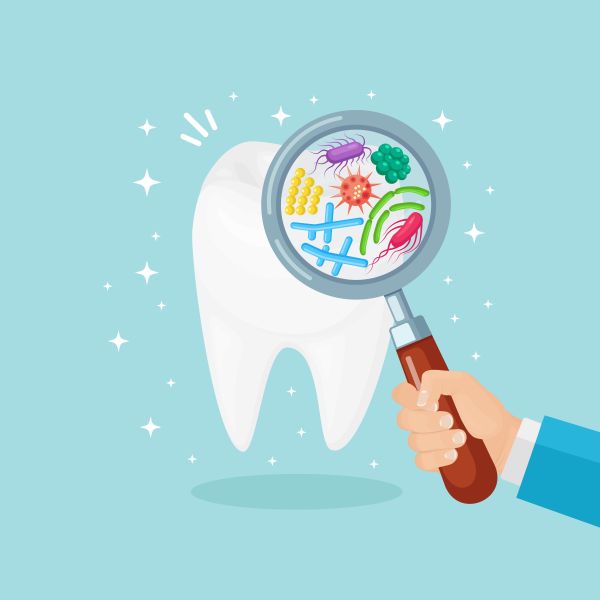What Is the Recovery Time for TeethXpress?

For patients who have lost multiple teeth, the TeethXpress® system is one possible option to help achieve the appearance of a full smile and chew food normally. This system involves four to eight specially designed implants on the top and bottom gums used to secure a set of full dentures. By attaching dentures to surgically placed implants rather than straight onto the gums, the goal is for patients to be able to eat and speak without worrying about dentures slipping. The process of placing these implants requires surgery. Continue reading to learn what patients can expect when going through this procedure and what the recovery process looks like.
TeethXpress® treatment process
From the initial consultation to post-operative care, patients can benefit from knowing ahead of time what the treatment process for TeethXpress® is like. While getting conventional dentures is often a lengthy progression that requires multiple visits to install and many adjustments in the years to follow, this special type of implant-secured denture system typically only takes one day to completely install.
Initial consultation
Patients who are interested in the TeethXpress® system will need to attend a consultation appointment to determine if they are a candidate for the procedure. The treating doctor will start by examining the patient’s mouth to determine the extent of the tooth loss and examine the surrounding bone. Once the doctor confirms that the patient is a candidate for the procedure, special 3D technology is used to establish where implants need to placed. Often, a surgical guide is created to help the doctor place each implant correctly. This evaluation will also be used to create a customized bridge for the patient’s teeth.
The procedure
The surgical process can typically be completed in only one day within a three to four-hour time period. Patients are put under local anesthesia or I.V. sedation during the procedure. The doctor will perform any extractions that need to be made and then, using the surgical guide, will place between four to eight implants on the top and bottom arches. A bridge is then secured to the implants. Some patients may leave with a temporary bridge to wear until the implants have fully healed and integrated with the bone.
Recovery time
Following the procedure, patients will often experience minor discomfort and may be prescribed pain relievers if needed. Most patients can return to work within a day or two of the treatment. It will take approximately three months for the implants to heal and integrate. Patients will often be placed on a soft diet for a short time period and receive post-operative instructions on how to care for the implants. Patients typically are required to use a medicated mouth wash for about two weeks after the procedure instead of regular brushing and flossing.
Conclusion
With TeethXpress®, patients can receive implants and a new set of prosthetic teeth over the course of just one surgery. While the procedure itself is performed under anesthesia and is often painless, it will take about three months for the implants to fully heal and integrate with the surrounding jaw bone.
Are you considering TeethXpress® in the Stuart area? Get more information at https://drdelucia.com.
Check out what others are saying about our services on Yelp: Read our Yelp reviews.
Related Posts
Dental implants are an innovative solution for replacing missing or damaged teeth, offering a long-term restoration that blends seamlessly with natural tooth structure. These implants rely on integration with the jawbone for stability and functionality. After receiving a dental implant, dentists recommend certain steps to support a comfortable and successful recovery.During the first 24 hours,…
Dental implants provide a durable and long-lasting solution for missing teeth, but like natural teeth, they can be damaged under certain circumstances. Trauma, excessive pressure, or complications with the surrounding structures may compromise the integrity of an implant. Understanding what to do in the event of damage can help prevent further issues and protect oral…
Teeth whitening appeals to everyone with a dull smile, including those with sensitive teeth. While it remains a viable stain-lifting option, sensitivity-prone patients should approach treatment with caution to avoid irritation while still improving smile brightness. Custom take-home trays from a general dentist help control dosage and fit, reducing many common triggers of sensitivity.The teeth…
Dental implants can be an effective and aesthetically pleasing long-term solution for missing teeth. However, misconceptions about implants can make some hesitant to consider them. In order to help patients make an informed decision, it helps to dispel some common myths about dental implants.One of the biggest concerns people have about dental implants is pain.…
